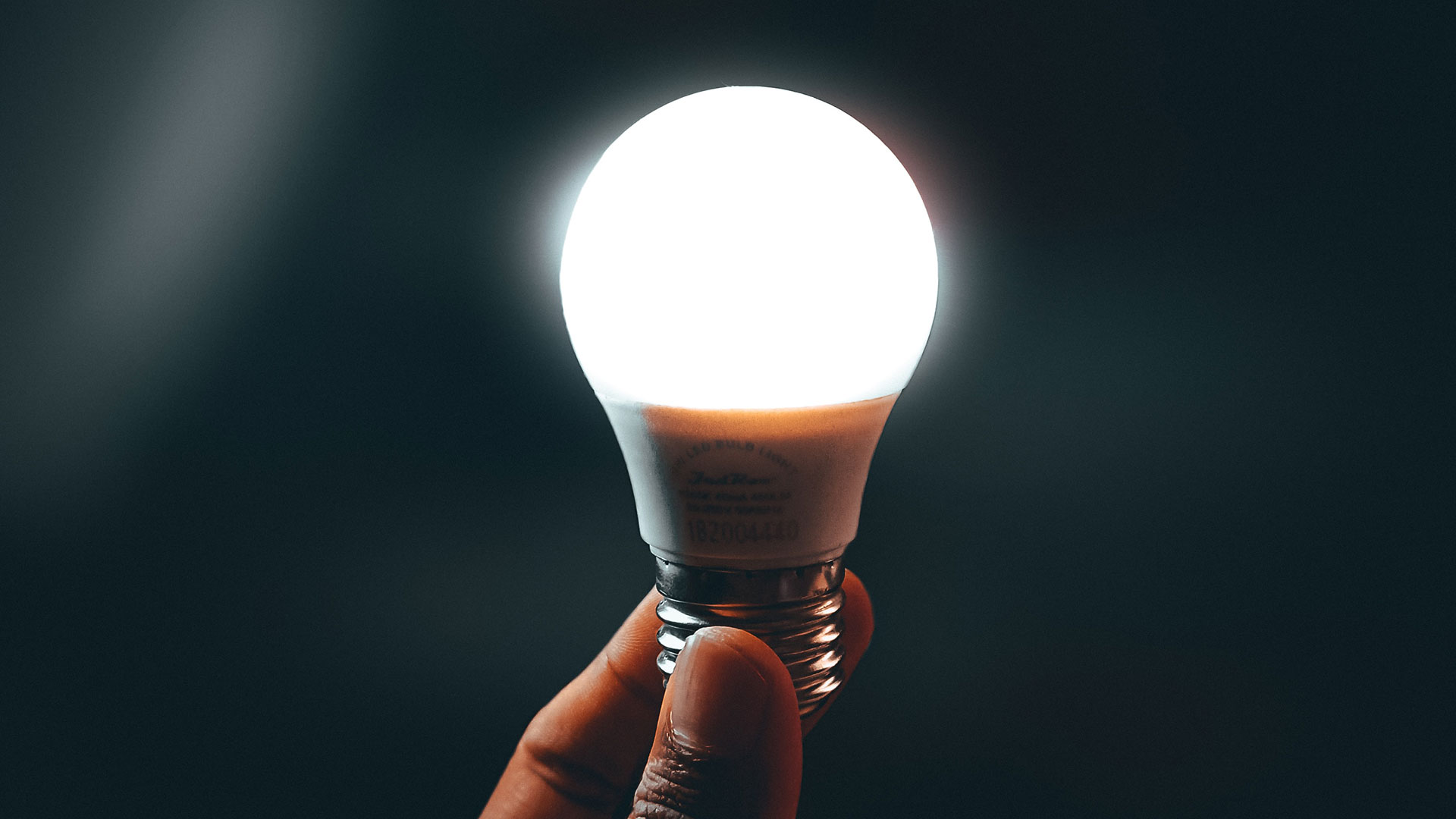

There are plenty of hacks to help you sleep better, but have you considered using your smart bulbs? If you've got a light that changes colour, like the Philips Hue range (other smart bulbs are available), then you could be using them to improve your sleep.
"Exposure to different colours of light at various times within the sleep-wake cycle can be one way of helping to facilitate better quality rest and a nifty way to biohack your sleep," says neurobiologist and head of research at Emma sleep, Dr Verena Senn.
That's because light plays a major factor in our sleep. "Our circadian rhythm is a central circuit that is sensitive to light, called the suprachiasmatic nucleus, which controls the production of the hormones that support us when we sleep and when we wake," she continues. So what lights should be using at what times?
Before bedtime: red light
Red light in the hours before bed can support sleep, based on research by Zhao et. al (2012). "The study showed the effectiveness of red light therapy exposure in increasing melatonin levels – a hormone associated with controlling sleep – and boosting the quality of sleep," explains Dr Verena. "The lower brightness and warm colour can help your body relax for a better night’s sleep."
While there are dedicated devices for 'proper' red light therapy, for an easy at-home solution, just switching your smart bulbs to a rosy hue in the hour before bedtime will also do the trick, says Dr Verena.
Daytime only: Blue light
It's fairly well known now that blue light – the kind that's emitted from your phone or laptop screen – can have a detrimental effect on how well you sleep. "[Blue light] will disrupt your melatonin production, making it more difficult to fall asleep," explains Verena. She suggests avoiding screens for an hour or so before bed, or if you can't, setting any light-emitting tech to night mode between sleep-adjacent hours, to minimise the blue light emitted from the screen.
While sleeping: warm colours (or no light at all)
While you're sleeping, you should aim for complete darkness. However, if you really must have a light on, you should stick to warm shades. "If you must have lights on, either for personal preference or perhaps to highlight the path to the bathroom should you need to go at night, it is best to keep this to low brightness and warm colour (think oranges and reds) to avoid stimulation that could disrupt your sleep," says Verena.
Get all the latest news, reviews, deals and buying guides on gorgeous tech, home and active products from the T3 experts
In the morning: cold colours
When you need to wake yourself up in the morning, it's time to switch to the opposite to nighttime lights to help your body feel more alert. A blast of cold-coloured light (on the blue end of the spectrum) should do the trick. "In the morning, exposure to bright, colder-coloured light – such as morning sunlight – will actually aid sleep later that night," says Verena.
For more help on improving your sleep (it is World Sleep Day after all), check our 24 tips for better sleep, learn how to have the perfect nap, or discover the best (and worst) sleep postures.
Ruth is a lifestyle journalist specialising in sleep and wellbeing. She has tested more mattresses than her small flat can handle and will talk at length about them to anyone who shows even a passing interest, and has had to implement a one-in-one-out pillow policy for fear of getting smothered in the night. As well as following all the industry trends and advancements in the mattress and bedding world, she regularly speaks to certified experts to delve into the science behind a great night's sleep, and offer you advice to help you get there. She's currently Sleep Editor on Tom's Guide and TechRadar, and prior to that ran the Outdoors and Wellness channels on T3 (now covered by Matt Kollat and Beth Girdler-Maslen respectively).
